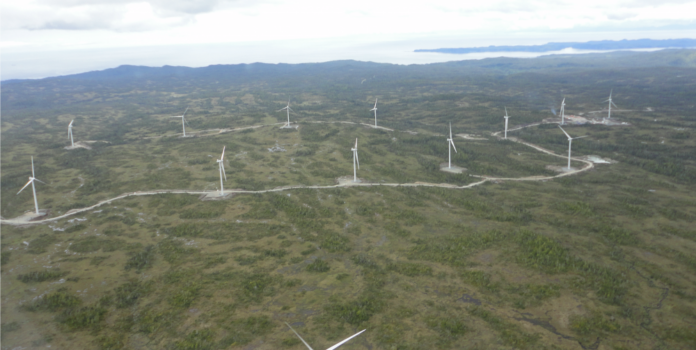North Island industry and green energy projects can’t grow, as long as BC Hydro refuses to add another transmission line.
That’s the conclusion reached by Port Hardy’s mayor and council last week, discussing a letter from the Crown corporation. Councillor Fred Robertson said the current line provides enough electricity for current needs, but has no room for future industrial growth, or for green power producers such as wind farms to sell back to the grid.
“We can’t say, no, industry will never develop up here because there’s not enough power,” he said, adding that even if an industry such as a new mine wanted to open, there’s not enough electricity to meet power demands.
Port Hardy has asked several times for another transmission line to the North Island and should keep pushing, councillors agreed during the discussion.
Robertson pointed out the province recently committed to spending $36 billion on green energy projects over the next decade.
In the letter, Hydro spokesperson Ted Olynyk says a second transmission line to Port Hardy would cost hundreds of millions of dollars and would need to cover some challenging terrain. He said the current line is sufficient to meet existing demands for electricity on the North Island.






